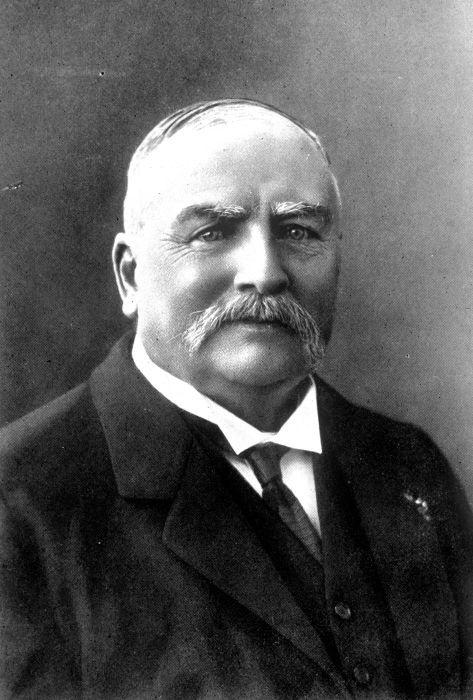The Bosscha Medal: for outstanding contributions to International cooperation in research and education between The Netherlands and the Majortity World .
The Leiden-Delft-Erasmus Universities alliance honors scientists and scholars who have made an outstanding contribution to the international cooperation in research and education between the Netherlands and the Majority World,[1] by awarding them the Bosscha medal.
Given the special relationship and the long history of cooperation between the Netherlands and Indonesia one Bosscha Medal will be awarded at least every second year to (a) scientist(s) and/or scholar(s) who advanced Dutch-Indonesian research and scholarship. This medal could be presented in Indonesia during the annual Week for Indonesian Netherlands Education and Research (WINNER) event.
At the other years the Bosscha Medal could be presented to (a) scientist(s) and/or scholar(s) who advanced research and scholarship cooperation between the Netherlands and the Majority World at an appropriate event in the Netherlands or one of the majority world countries.
The responsibility for the Bosscha Medal will be given to the board of the Leiden-Delft-Erasmus Universities alliance. This board will appoint a jury of a minimum of three scientists and scholars which will select the candidates for the medal.
 The medal is named after Karel Bosscha (1865-1928), a Dutch entrepreneur and philanthropist who made an outstanding contribution himself to the development of science and education in the archipelago. Born in a family of scientists, Karel Bosscha became an engineer from Delft University of Technology. During his life on Java, he developed both the famous Malabar Tea Plantation south of Bandung, not only economically but also socially. Today on its premises stands a primary school named after Bosscha, because he initiated free-of-charge schooling for the children of the workers. Bosscha spoke many languages, including Malay, Sundanese and Javanese very well.
The medal is named after Karel Bosscha (1865-1928), a Dutch entrepreneur and philanthropist who made an outstanding contribution himself to the development of science and education in the archipelago. Born in a family of scientists, Karel Bosscha became an engineer from Delft University of Technology. During his life on Java, he developed both the famous Malabar Tea Plantation south of Bandung, not only economically but also socially. Today on its premises stands a primary school named after Bosscha, because he initiated free-of-charge schooling for the children of the workers. Bosscha spoke many languages, including Malay, Sundanese and Javanese very well.
Many of the initiatives of Bosscha had an impact in West Java and even beyond. Most important were his contributions to what are now the Institut Teknologi Bandung, ITB, and Bandung’s Cancer Center. Also in Bandung stands what is now the Gedung Merdeka, which in 1955 was selected by President Sukarno to house the Asia – Africa Conference. This building, sponsored by Bosscha, is now a UNESCO World Heritage Site. And Karel Bosscha was the main funder of the Lembang Observatory (now Bosscha Observatory), to better understand the wider environment we are all living in. In 1971 Karel Bosscha’s extraordinary contributions were internationally recognized by naming an asteroid after him.
Karel Bosscha was a future-oriented entrepreneur and philanthropist who devoted his energy, money, and time to the development of the society he lived in. It is in this spirit that the medals bearing his name will be presented.
Download the nomination form in the attachment below. In addition to the personal details of yourself and the candidate, we ask you to explain concretely why this scientist is eligible for the Medal. Send your nomination, possibly with letters of support, to the LDE dean (h.w.vandendoel-1@tudelft.nl) no later than Friday 27 June 2025, 09.00 hours.
[1] The ‘Majority World’ are the low, lower middle and upper middle income countries
